Around 300 gas leak explosions happen on an annual basis throughout the country. Modern gas leak detection and repair are quite advanced, so a small percentage of these accidents have been fatal. In many cases, however, the most they’ve done is scorch a room. But this does not mean that today’s gas leaks are any less dangerous than they were before. If not for its fumes, then for its explosive nature, gas leaks should always be taken very seriously. If you smell gas, you should immediately take action.
Luckily, despite this somewhat serious introduction, gas leaks are quite common and they rarely lead to any seriously dangerous situations, especially if you know what to and not to do. The more you know, the more of an informed homeowner you will be in possibly dangerous situations that involve gas leaks. So a good place to start is to know how to check for gas leaks in the first place. The last thing you want to do is to call in a plumber or utility services, only to find out that it was just some leftover eggs that had gone bad.
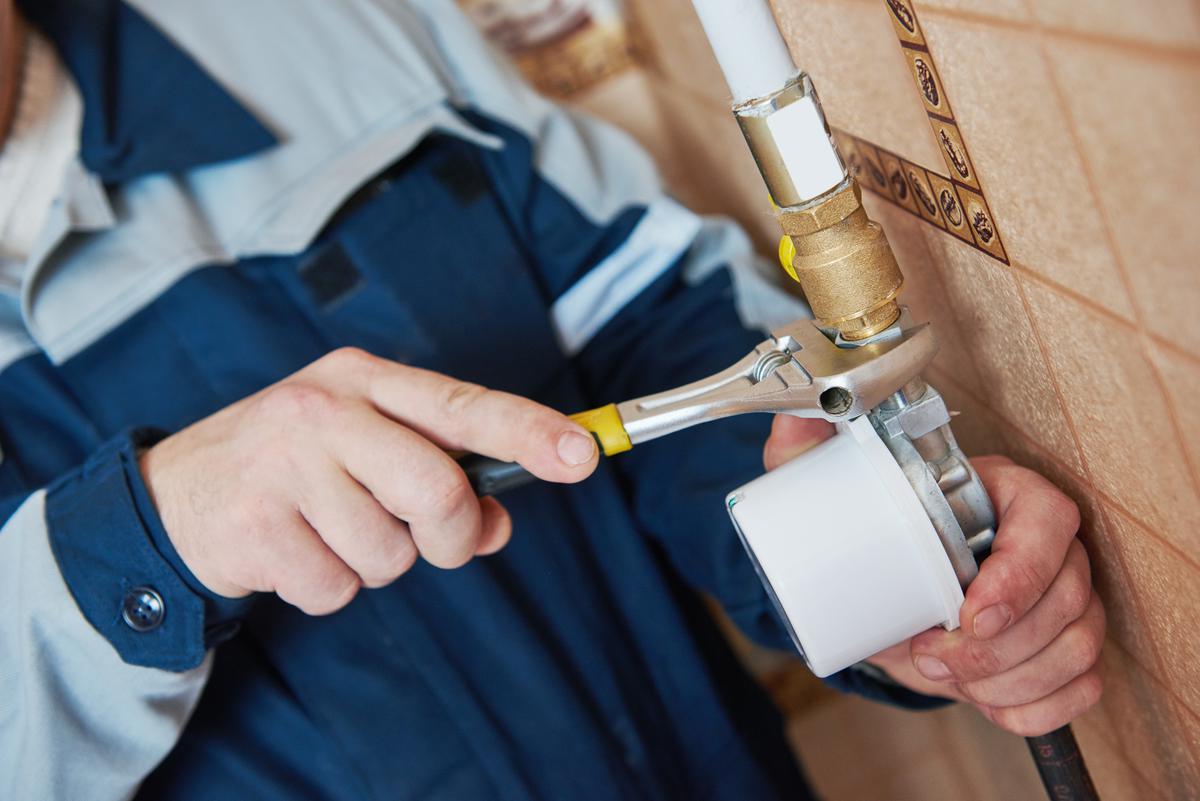

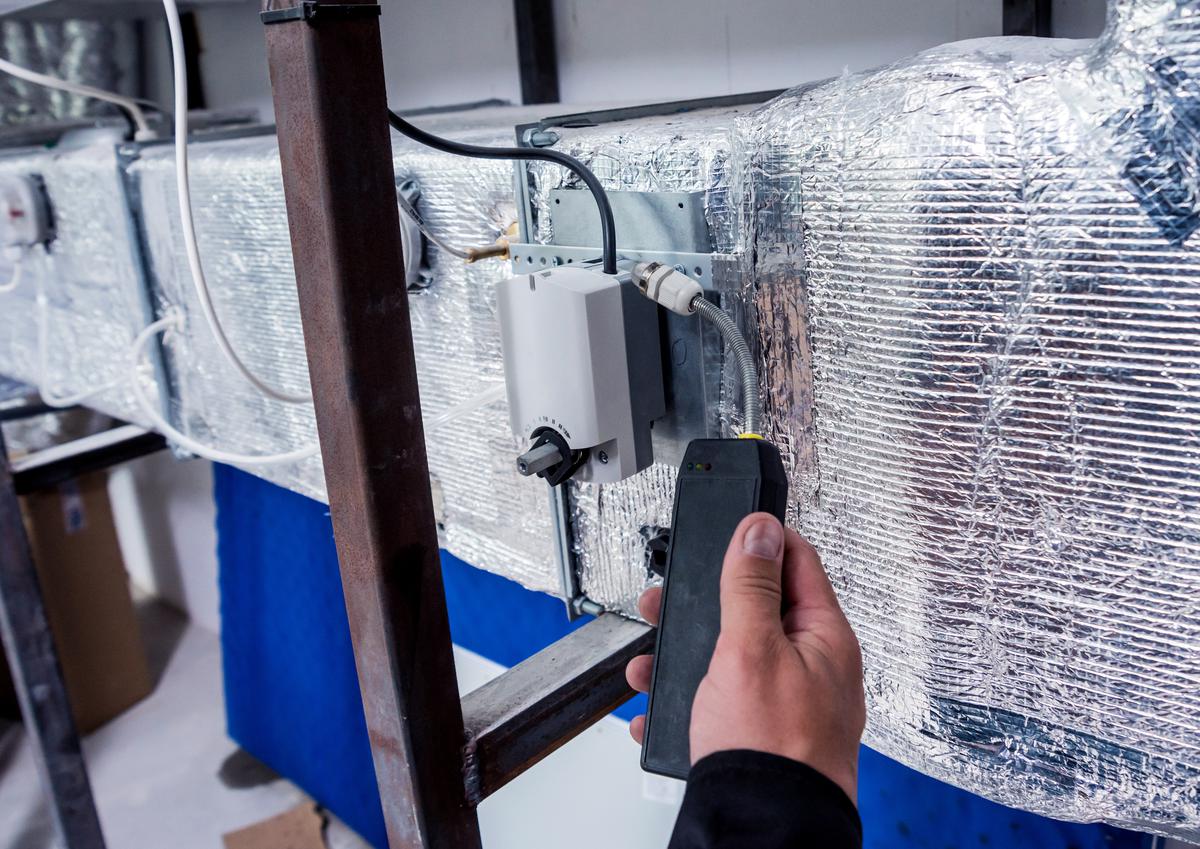


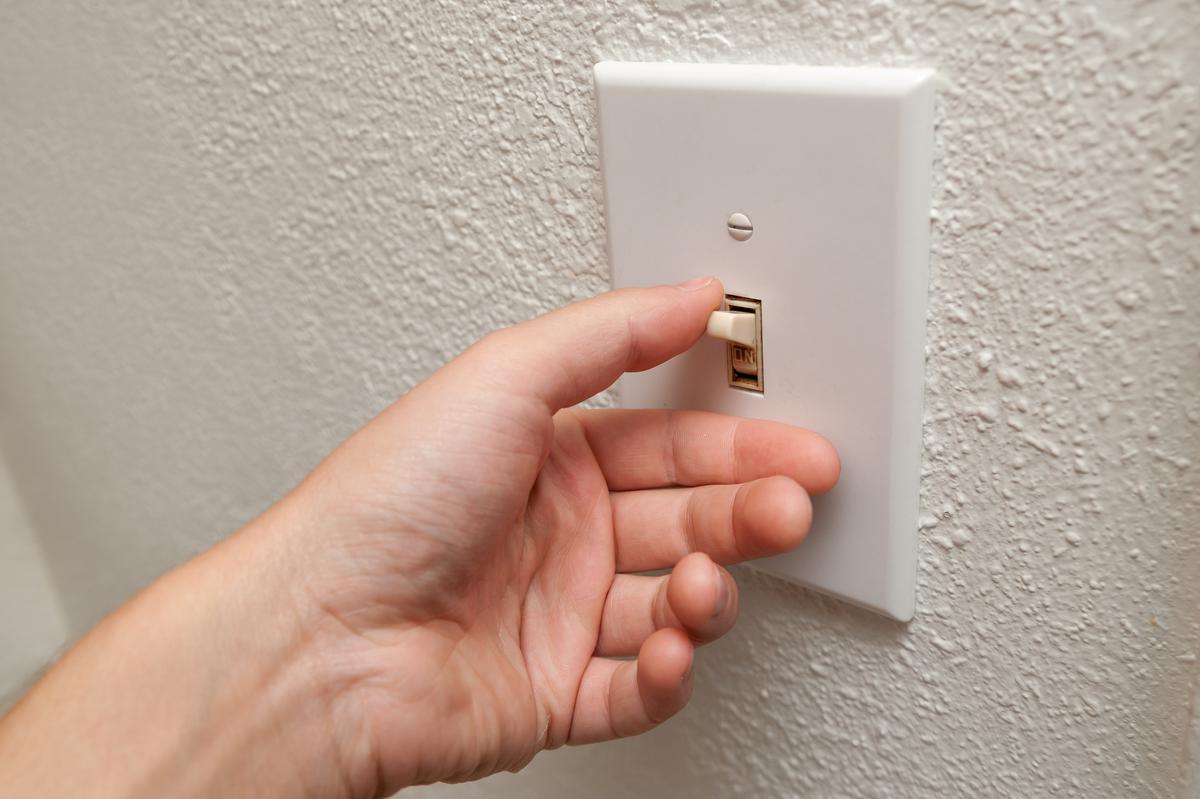
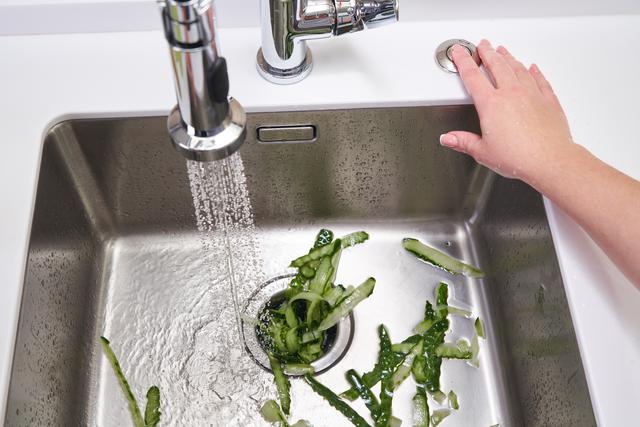
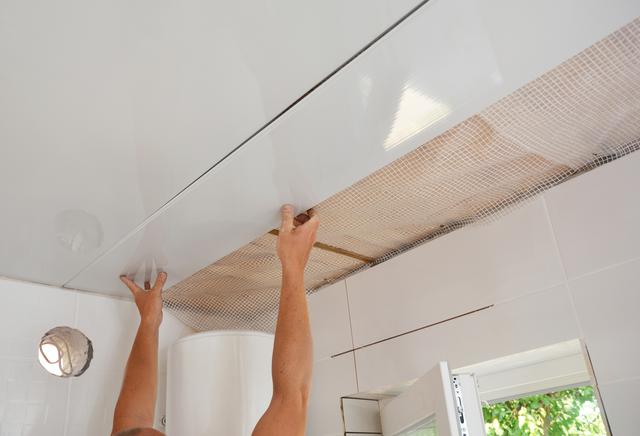
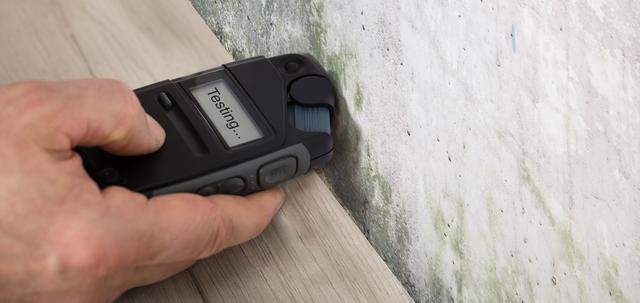
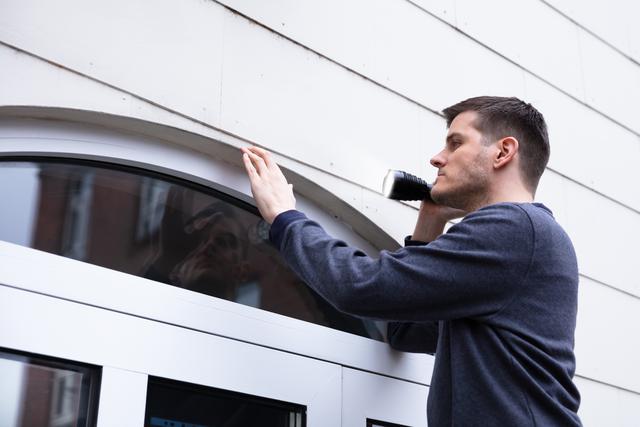
comments